7 literary homes to visit in England
After weeks of lockdown the restrictions are slowly being lifted, so if you are a committed bibliophile, why not mark the occasion with a visit to the former home of one of your best-loved authors? We’ve listed seven of our favourites below, but do remember to check on their websites if they are open to visitors, or if you need to book ahead.
Lord Byron, Newstead Abbey, Ravenshead, Nottinghamshire
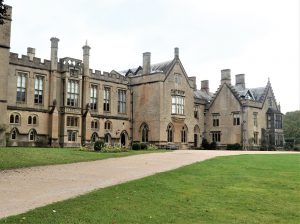
Newstead Abbey. Image from Pixabay
Founded as a monastic house in the late 12th century, Newstead Abbey was home to the poet Lord Byron between 1808 – 1814.
Inside the Abbey there is much to explore including the poet’s private apartments. The gardens and parkland at Newstead Abbey cover more than 300 acres with paths that meander past lakes, ponds and waterfalls, which are sure to inspire.
https://www.newsteadabbey.org.uk/
Virginia Woolf, Monk’s House, Rodmell, East Sussex
Nestled in the heart of rural Sussex, Monk’s House is a tranquil 16th-century weatherboarded cottage inhabited by Leonard and the novelist Virginia Woolf from 1919 until Leonard’s death in 1969.
The Woolfs bought this country retreat for the ‘shape and fertility and wildness of the garden’. Today, the cottage garden contains a mix of flowers, vegetables, orchards, lawns and ponds.
https://www.nationaltrust.org.uk/monks-house
William Wordsworth, Wordsworth House and Garden, Cockermouth, Cumbria
This Georgian townhouse was the birthplace of romantic poet William Wordsworth, 250 years ago.
Presented as it would have been when he lived here with his parents, siblings and the family servants, Wordsworth House and Garden offers a chance for visitors of all ages to experience life in the 1770s.
The exhibition rooms house a changing programme of displays, plus there is a permanent exhibition about William’s Lakeland legacy and his key role in the founding of the National Trust.
https://www.nationaltrust.org.uk/wordsworth-house-and-garden
William Shakespeare, Stratford-upon-Avon
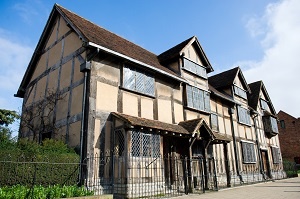
Shakespeare’s birthplace. Picture courtesy of the Shakespeare Birthplace Trust
William Shakespeare was born in this house in Henley Street and grew up here with his parents and siblings. He inherited the property following the death of his father in 1601. He leased part of the property and it became an inn, later called the Swan and Maidenhead, which remained in the house until 1847.
Visitors will get the chance to get up close to rare artefacts from the Shakespeare Birthplace Trust’s collection.
https://www.shakespeare.org.uk/explore-shakespeare/shakespedia/shakespeares-birthplace/about-shakespeares-birthplace/
Brontë Parsonage Museum, Haworth, West Yorkshire
Once home to the Brontë family, the Brontë Parsonage Museum hosts the largest and most important Brontë collections in the world which continue to inspire scholars, writers and artists. The museum’s Contemporary Arts Programme includes literary events, exhibitions, artistic responses, a competition and festivals.
https://www.bronte.org.uk/
Beatrix Potter, Hill Top, Hawkshead, Cumbria
Bought in 1905 with proceeds from her first book, the Tale of Peter Rabbit, Beatrix Potter used Hill Top itself and the surrounding countryside as inspiration for many of her subsequent books.
Every room in the 17th Century farmhouse contains a reference to a picture in a ‘tale’.
https://www.nationaltrust.org.uk/hill-top
Rudyard Kipling, Bateman’s, Burwash, East Sussex
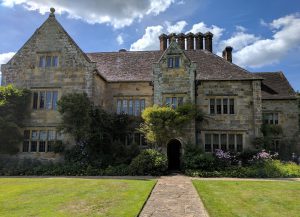
Bateman’s. Image from Pixabay
Surrounded by the wooded landscape of the Sussex Weald, this 17th-century Jacobean house, with its mullioned windows and oak beams, provided a much-needed sanctuary to this world-famous writer. The rooms remain much as Kipling left them, with oriental rugs and artefacts reflecting his strong association with the East.
Park Mill on the site was much-loved by Kipling and he incorporated it into his ‘Puck of Pook’s Hill’ stories, which were written at Bateman’s
https://www.nationaltrust.org.uk/batemans
Have you visited any of the above? What did you think? Or do you have another favourite you like to visit? Let us know below.
You may also like: Emily Bronte: The Brilliance Behind Wuthering Heights

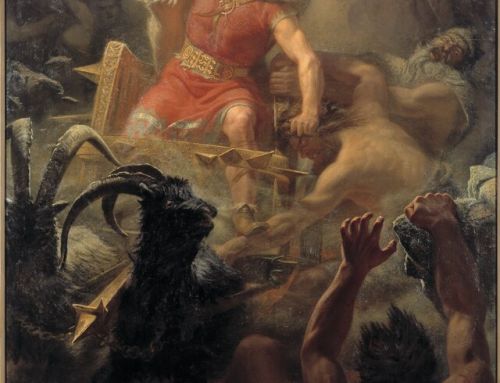

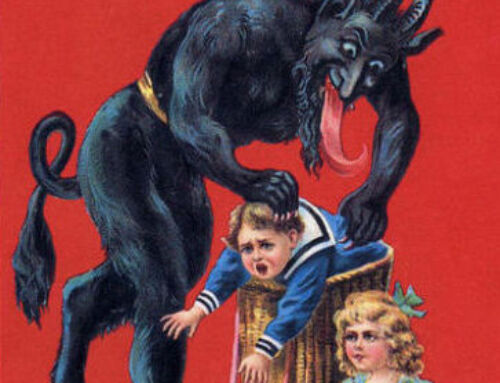


Leave A Comment